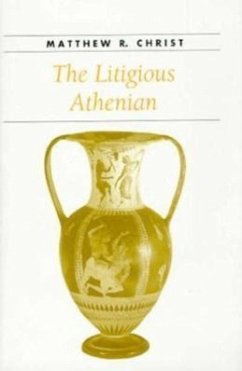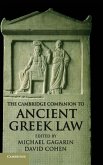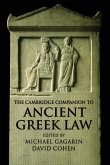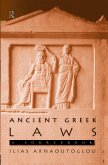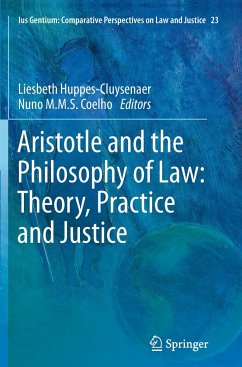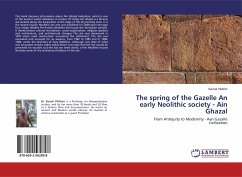The democratic revolution that swept Classical Athens transformed the role of law in Athenian society. The legal process and the popular courts took on new and expanded roles in civic life. Although these changes occurred with the consent of the "people" (demos), Athenians were ambivalent about the spread of legal culture. In particular, they were aware that unscrupulous individuals might manipulate the laws and the legal process to serve their own purposes. Indeed, throughout the Classical Period, when Athenians gathered in public and private settings, they regularly discussed, debated, and complained about legal chicanery, or sukophantia. In The Litigious Athenian, Matthew Christ explores what this ancient discussion reveals about how Athenians conceived of and responded to problematic aspects of their collective legal experience. The transfer of significant judicial power from the elite Areopagus Council to the popular courts was a crucial step in the establishment of Athenian democracy, Christ notes, and Athenians took great pride in their legal system. They chose not to make significant changes to their legal institutions even though they could have done so at any time through a majority vote of the Assembly. Determining that the term sykophant was applied rhetorically rather than, as some have believed, to describe a specific subclass, Christ shows how the public debates over legal chicanery helped define the limits of ethical behavior under the law and in public life.
Hinweis: Dieser Artikel kann nur an eine deutsche Lieferadresse ausgeliefert werden.
Hinweis: Dieser Artikel kann nur an eine deutsche Lieferadresse ausgeliefert werden.

